Summary
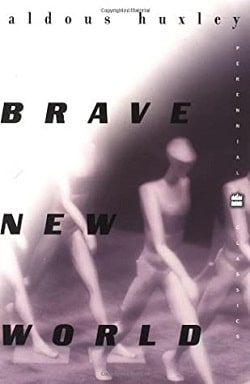
Brave New World
by Aldous Huxley
Brave New World is a dystopian novel by English author Aldous Huxley, written in 1931 and published in 1932. Largely set in a futuristic World State, inhabited by genetically modified citizens and an intelligence-based social hierarchy, the novel anticipates huge scientific advancements in reproductive technology, sleep-learning, psychological manipulation and classical conditioning that are combined to make a dystopian society which is challenged by only a single individual: the story's protagonist.
.
Read
Brave New World on http://kissnovel.net
Martial Peak Reviews
Brave New World by Aldous Huxley is a seminal work of dystopian fiction that has captivated readers since its publication in 1932. Set in a futuristic World State, the novel explores a society that has sacrificed individuality and emotional depth for the sake of stability and happiness. Huxley’s vision of a technologically advanced world raises profound questions about the implications of scientific progress, the nature of happiness, and the cost of societal conformity.
At the heart of the narrative is the World State, a society built on the principles of mass production and consumerism, where citizens are genetically engineered and conditioned from birth to fulfill predetermined roles. The novel introduces us to a caste system, where individuals are divided into Alphas, Betas, Gammas, Deltas, and Epsilons, each designed for specific tasks and levels of intelligence. This social hierarchy is a chilling reflection of Huxley’s critique of contemporary society, where he perceived a growing trend towards dehumanization and the prioritization of efficiency over individuality.
One of the most striking themes in Brave New World is the concept of happiness as a manufactured commodity. The citizens of the World State are kept in a state of bliss through the use of a drug called soma, which dulls their emotions and suppresses any feelings of discontent. Huxley raises the question: at what cost does this artificial happiness come? The characters in the novel live in a world devoid of true emotions, relationships, and the struggles that often lead to personal growth. This theme resonates deeply in today’s society, where the pursuit of happiness is often equated with consumerism and instant gratification.
The protagonist, Bernard Marx, serves as a vehicle for Huxley’s critique of this dystopian world. Unlike his peers, Bernard feels a sense of alienation and dissatisfaction with the superficiality of his existence. His character development is pivotal as he grapples with his desire for individuality in a society that demands conformity. Bernard’s journey leads him to the Savage Reservation, a place where people live outside the constraints of the World State. Here, he encounters John, the “Savage,” who becomes a symbol of authentic humanity and emotional depth. John’s struggle to reconcile his upbringing with the values of the World State serves as a powerful commentary on the clash between civilization and the primal instincts of human nature.
John’s character is particularly compelling as he embodies the conflict between the two worlds. Raised on Shakespeare and the values of a more traditional society, John’s introduction to the World State exposes the stark contrast between genuine human experience and the sterile existence of its citizens. His tragic fate underscores Huxley’s warning about the dangers of losing touch with our humanity in the face of technological advancement. The emotional turmoil that John experiences highlights the importance of suffering, love, and the complexities of the human condition, which are absent in the World State.
Another significant theme in the novel is the role of technology in shaping human behavior. Huxley’s foresight into the potential consequences of scientific advancements is eerily prescient, as he explores the ethical implications of genetic engineering and psychological manipulation. The use of sleep-learning and conditioning to control the populace raises questions about free will and the extent to which technology can dictate human behavior. Huxley’s vision serves as a cautionary tale, warning against the unchecked power of science and the potential for it to be wielded as a tool of oppression.
The novel’s impact extends beyond its narrative; it serves as a critique of contemporary societal trends that prioritize consumerism and technological advancement over individual freedom and emotional depth. Huxley’s exploration of these themes resonates with readers today, as we navigate a world increasingly dominated by technology and social media. The parallels between the World State and modern society are striking, prompting readers to reflect on the implications of our choices and the values we uphold.
In comparison to other dystopian works, such as George Orwell’s 1984, Huxley’s vision is distinct in its focus on the seductive nature of pleasure rather than fear and oppression. While Orwell presents a world where totalitarianism reigns through surveillance and brutality, Huxley offers a more insidious form of control—one that lures individuals into complacency through the promise of happiness. Both novels serve as powerful warnings about the potential consequences of sacrificing freedom for security, but Huxley’s approach is particularly relevant in an age where the pursuit of pleasure often overshadows the importance of critical thought and genuine human connection.
In conclusion, Brave New World remains a profound exploration of the complexities of human existence in the face of technological advancement and societal conformity. Huxley’s masterful storytelling and rich thematic depth invite readers to reflect on the nature of happiness, the role of technology, and the importance of individuality. As we continue to grapple with the implications of our choices in an increasingly complex world, Huxley’s cautionary tale serves as a timeless reminder of the value of our humanity. This novel is not just a work of fiction; it is a lens through which we can examine our own society and the paths we choose to take.




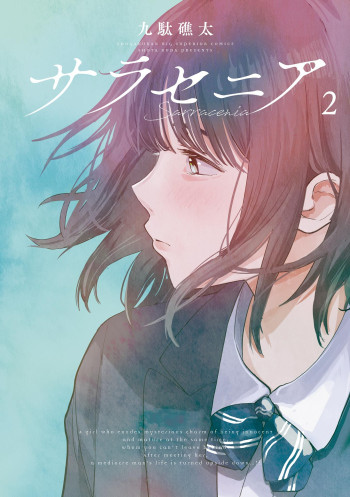
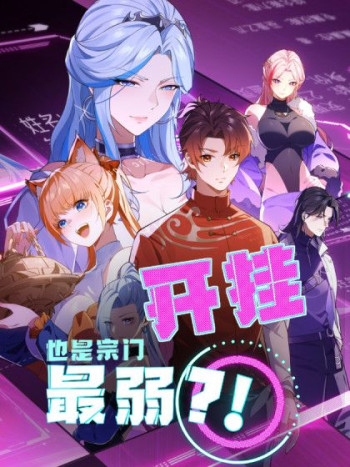

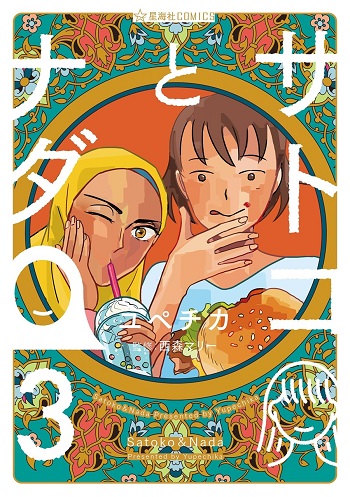

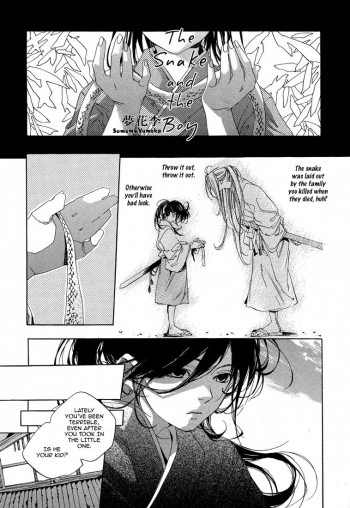














Reviews 0
Post a Reviews: